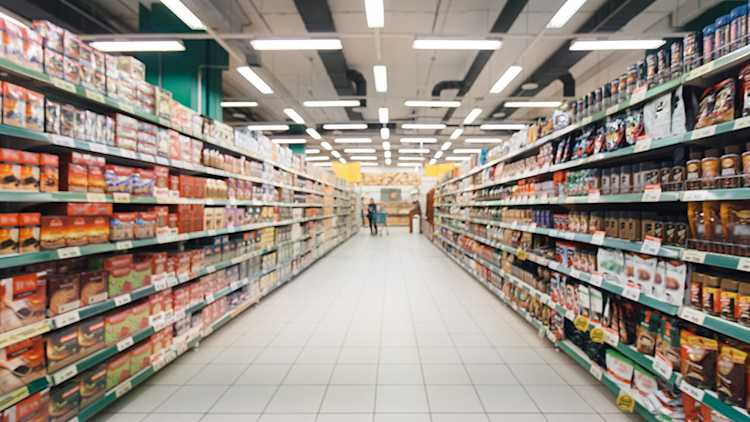Is it time to partner with a distributor?

Distributors can get your food and beverage products seen and alleviate the logistical workload of invoicing and transportation. If done strategically, these partnerships can also take your business to the next level.
Before reaching out to a distributor, ensure your business is well-positioned for a successful relationship.
“There's kind of a ceiling you'll hit in your business when you can no longer do it all yourself," says Carly Minish-Wytinck, president and founder of Smak Dab Foods Ltd. "Your job is to grow your business, and a distributor is the person to deliver your product."
However, before contacting a distributor, ensure your business is well-positioned for a successful relationship. Here are five strategies for a successful distributor partnership:
1. Establish a strong foundation
It can be tempting to reach out to a distributor early in your business. However, jumping in without a solid customer base and brand awareness can put your company at risk.
"It's more important to do really well in 10 stores than to have your product in 100 stores," says Christine Milberg, president and owner of B. Lambert Ltd. Getting the big listing and then not moving it off the shelf is the disaster zone. That is where companies go out of business."
Ideally, you should have a robust online presence, a history of reoccurring sales and establish a clear direction of the locations where your product would perform well before reaching out to a distributor.
"Distributors will take care of sales logistics, but it's not a quick fix, and you never really wipe your hands clean of the function of growing your business," Milberg says.
2. Free up cash flow
“Everyone wants a distributor, but you have to make sure you can afford it,” says Minish-Wytinck. “You have to pay for all of the ingredients, your staff, overhead, and payroll, all while waiting for that invoice to be paid."
Distributors' payments range from 15 to 45 days after invoicing, requiring food processors to have the capacity to continue running their business while awaiting payment. Before reaching out to a distributor, have a financial plan that will allow you to continue with production while waiting for payment.
3. Find the right fit
Choosing a distributor should be carefully thought out to ensure you have the right fit for your product and brand.
"If you know who your target retailer is, then it's an excellent idea to go to those stores and ask who are the distributors that supply them and who they like working with," Milberg says.
At the bare minimum, ensure that the distributor is familiar with your type of product and its specific needs. Perishable products, like dairy or meat, must partner with a distributor who makes frequent shipments to the same store to ensure that their product is consistently supplied.
Invest the time to discover the distributor's values and business practices to ensure they align with yours. Be bold and consider smaller local distributors, as they may be reaching out to those niche locations where your product might be the perfect fit.
4. Nurture the relationship
Once the partnership is secured, invest the time in nurturing the relationship so your products remain on your distributor's go-to list.
"You may be a small fraction of their business, so you need to give them a reason to remember you and your products," Minish-Wytinck says.
This includes establishing an open and honest relationship so that the distributor wants to help you.
“I get very close with the distributors I'm working with and even represent my sales team with distributors so that I maintain a touch point with the customer and the brand," Milberg says. “It is the best-case scenario where you can work the whole supply chain.”
5. Adopt the distributor mindset
Distributors want to work with companies and products that fit their existing operations and move quickly off the store shelf. Ultimately, the distributors will want to carry your brand because the consumers demand it.
“It all comes down to creating a fan base for your products, and then everybody will step in line, from brokers to distributors, to respond to consumers looking for your product on the shelf," Milberg says.
Article by: Anne-Marie Hardie

